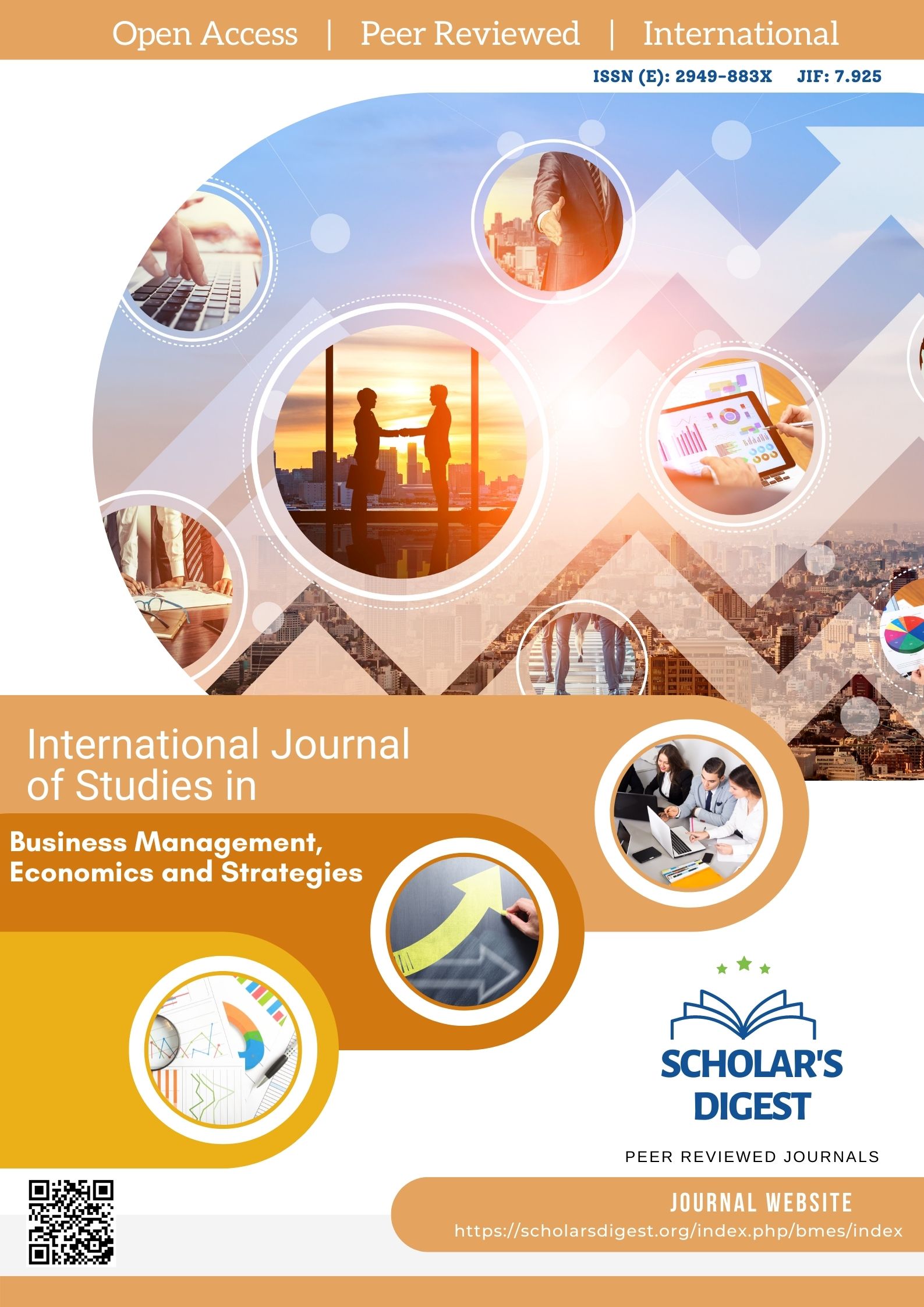ANALYSIS OF THE DYNAMIC RELATIONSHIP BETWEEN EXCHANGE RATE SHOCKS AND MEASURING THEIR IMPACT ON UNEMPLOYMENT RATES IN IRAQ FOR THE PERIOD (2003-2022)
Keywords:
Exchange rate shocks – unemployment – Iraqi economy.Abstract
The effects of economic shocks represented by exchange rate shocks have repercussions of different dimensions on the labor market and any changes that may occur in the volume of employment and wages according to the prevailing economic and institutional conditions since wages are a major variable that receives the effects of economic shocks in the labor market when wages are elastic, while employment rates are affected more in countries where there is a stagnation in wages, as output or aggregate supply decreases due to negative shocks and thus the demand for work decreases, which leads to To increase unemployment and decrease employment levels The Iraqi economy depends on the oil sector as a main source of foreign currency and because of the changes that occur in oil prices globally This leads to the exposure of the exchange rate to large fluctuations. For example, the decline in international oil prices means a decrease in foreign currency reserves at the Central Bank of Iraq, as well as changes in the exchange rate of the dinar against the dollar, which generates shocks Cash exchange rate Since a large proportion of GDP depends on the oil sector in Iraq, therefore there are not enough employment opportunities, which leads to unemployment as a result of lack of economic diversification and dependence mainly on the oil sector, and it has been shown that changes in exchange rates significantly affect unemployment rates in Iraq and their continuity This makes it necessary to adopt effective monetary economic policies to control these changes and try to mitigate their effects, as well as to strengthen structural policies through continuous treatment by implementing planned structural reforms in the labor market to improve its flexibility and better absorb labor with the importance of managing the exchange rate through monetary policy under the supervision and control of the monetary authority (Central Bank) in line with the economic situation in question.
Downloads
Published
Issue
Section
License

This work is licensed under a Creative Commons Attribution-NonCommercial 4.0 International License.








